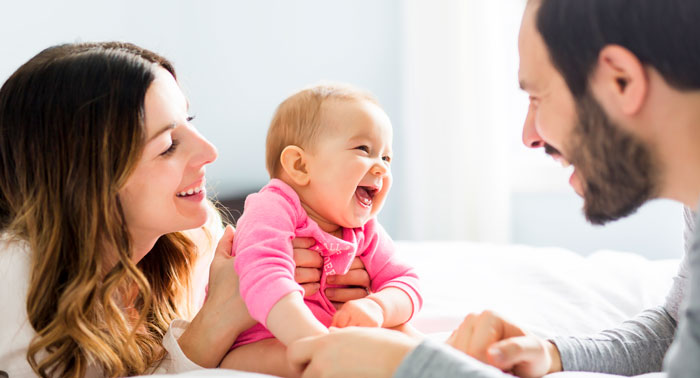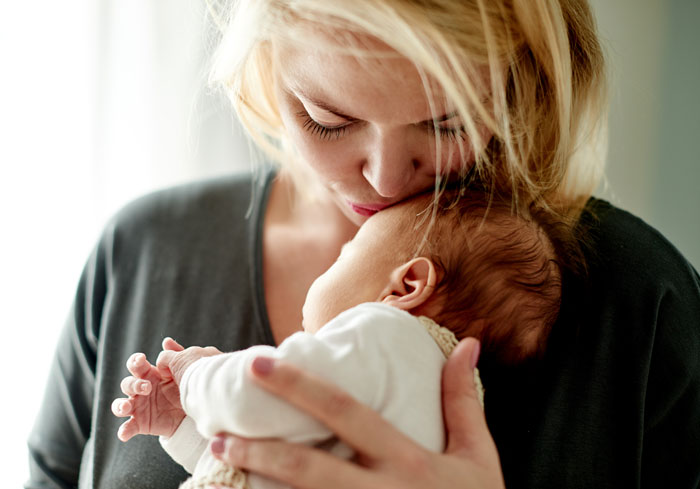Neither women’s liberation nor the perennial challenge of juggling work and family is failing to deter a new generation of mothers: more than 90 per cent of young Australian women today want to have children. And more than 85 per cent want to be married when they do so.
Dr Melissa Johnstone, a health psychologist and lecturer in Macquarie’s Department of Educational Studies, says young women today are as keen as the generation before them to have families.

But they still want to have it all: a career, as a new survey of the aspirations of more than 11,000 women born from 1989 to 1995 reveals, is as much of a priority as having babies.
However, like the generation before them, these young women may adjust their aspirations over time as they collide with the reality of government policies that make it challenging to achieve a work-family balance.
Using data from the Australian Longitudinal Study on Women’s Health, Johnstone has been comparing the aspirations of women born between 1973 and 1978, a cohort now into their 40s that has been surveyed every three years since the late 1990s, and those of the new “baby” cohort, who are aged from their early to late 20s.
The survey asked both cohorts how many children they aspired to have at the age of 35: among the more than 90 per cent of young women who want children, most would like to have two, with around a third saying they would like more than three.
“This is pretty similar to what we found in the older cohort when they were the same age,” says Johnstone. “However, we did find as we followed that cohort over time that their aspirations tended to downsize – for example there was a slight increase in the number of women who said they didn’t want to have children, and a reduction in the number who wanted three or more.”
Days numbered for the stay-at-home mum?

Challenging the idea that Australian mothers prefer to work part-time, the new survey also shows that more than 60 per cent of young women aspire to be in full-time paid employment at age 40 with about 20 per cent wanting to be self-employed at that age, and only 15 to 20 per cent envisaging they’ll want part-time work.
“We get very few saying they want to be full-time unpaid at home, it’s less than 5 per cent,” Johnstone says.
The figures also challenge any notion that the liberation of women and their entry en masse into the workforce would lead to the eschewing of motherhood in favour of career.
“I think that what was often said about women preferring careers over motherhood has never really been the case,” says Johnstone. “I think that both have become priorities for women and important for women, as is having a stable committed relationship - that’s also something that comes through.”
Similar to the older cohort, more than 85 per cent of young women want to be married by the time they are 40, 9 per cent want a stable but unmarried relationship, and only 1 or 2 per cent say they want to be single at age 40.
“I think relationships are very important to people,” says Johnstone. “In places in Europe there’s an increase in de facto relationships and this is the case in Australia as well to some extent, but in Australia we are a little more traditional in what we aspire to; the majority are still saying they’d like to be married.”
Working mothers need more support
Australian mothers are also more likely to return to part-time rather than full-time work, or drop out of the workforce all together, than women in other developed nations, studies have found.
Such findingspoint to a need for Australian policies to be more supportive in areas including paid parental leave, child-care accessibility and affordability, and flexible work practices.
“There are definitely more options for women, they see that they can pursue work and family and they don’t have to have one without the other,” says Johnstone. “But we do find when women start having children that there are more challenges as the realities of managing work and family can be difficult, but this can be eased with supportive work-family policies.”



